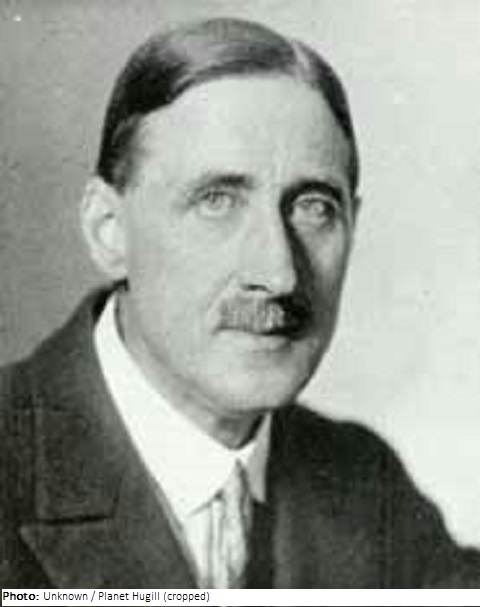A music judge at the 1948 London Olympics, Sir George Dyson was a fine teacher, conductor and composer, with The Canterbury Pilgrims being his best known work. Dyson won a scholarship to the Royal College of Music (RCM) in 1900, and later won the Mendelssohn scholarship, enabling him to study abroad. Dyson saw service during World War I and he produced a manual entitled “Manual of Grenade Fighting”, which was officially adopted by the War Office. After the War, Dyson was appointed director of music at several well-known public schools like Marlborough, Wellington and Winchester. He then became the first former student to be appointed director of the Royal College of Music in 1937, a post he held for 15 years. During his time at the RCM Dyson was responsible for setting up a staff pension fund, and also arranged renovation work on the building. He was Knighted in 1941.

 Great Britain
Great Britain GBR
GBR